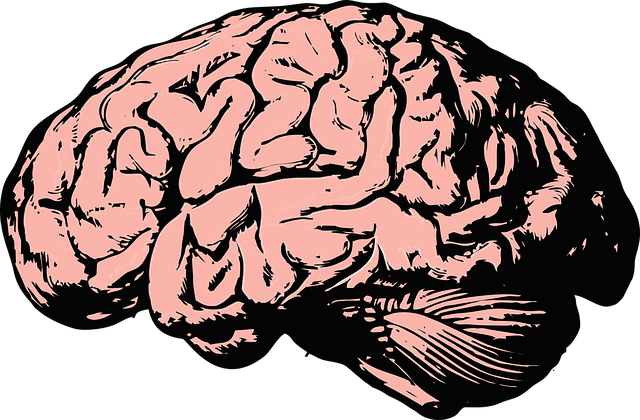
Preventing Risks of Dementia. There is no one specific method, treatment or substance that is proven to prevent dementia. However, the good news is that we know that there are things you can do to reduce your risk of dementia. All thanks to the many studies being done on risk and prevention.
So then, many of the risk factors that can affect your chances of getting dementia, also involve your physical and mental health. Hence, the best way to reduce your risk is to lead a healthy, balanced lifestyle. And that takes care of both your body and your brain.
What Are The Risk Factors? For Dementia
Preventing Risks of Dementia
- Risk factors are aspects of your lifestyle, environment and genetic background that increase the likelihood of getting a disease.
- Risk factors on their own are not causes of a disease. Rather, risk factors represent an increased chance, but not a certainty, that dementia will develop.
- Similarly, having little or no exposure to risk factors does not necessarily protect a person from developing dementia.
Preventing Risks of Dementia. There are some risk factors that can be changed – read on to know what they are.
Are there risk factors for dementia that I can control? Yes Prevention
Higher Blood Pressure
High Blood Pressure. People who have consistently high blood pressure (hypertension) in mid-life (ages 45 to 65). Are more likely to develop dementia compared to those with normal blood pressure. High blood pressure can increase the risk of developing dementia. And particularly vascular dementia, because of its effect on the heart, the arteries, and blood circulation.
Smoke and Smoking
Smoking. The evidence is strong and consistent that smokers are at a higher risk of developing dementia vs. non-smokers or ex-smokers. However, it’s never too late to quit! Smokers who quit can reduce their risk of developing dementia.
Diabetes
The Diabetes. People with type 2 diabetes in mid-life (ages 45 to 65) are at an increased risk of developing dementia. And in particularly Alzheimer’s disease and vascular dementia.
From Obesity and Lack of Physical Activity
Obesity and lack of physical activity. So then, obesity in mid-life (ages 45 to 65) increases the risk of developing dementia. And obesity and lack of physical activity also increase the risk of developing other risk factors. Such as diabetes and high blood pressure.
A Poor diet
Unhealthy Poor Diet. An unhealthy diet, high in saturated fat, sugar, and salt, can increase the risk of developing many illnesses, including dementia and cardiovascular disease.
High alcohol consumption
Drink, High Alcohol Consumption. Drinking excessively (more than 14 drinks per week for women and more than 21 drinks per week for men), can increase your risk of developing dementia.
Low levels of cognitive engagement
Low Levels of Cognitive Engagement. Cognitive engagement is thought to support the development of a “cognitive reserve”. This is the idea that people who actively use their brains throughout their lives may be more protected against brain cell damage caused by dementia.
Depression
Depression. Generally, people who experience depression in mid or later life have a higher risk of developing dementia. However, the relationship between depression and dementia is still unclear. So many researchers believe that depression is a risk factor for dementia. Whereas others believe it may be an early symptom of the disease or both.
A Traumatic brain injury

Traumatic Brain Injury. People who experience severe or repeated head injuries are at increased risk of developing dementia. Brain injuries may trigger a process that might eventually lead to dementia. This particularly affects athletes in boxing, soccer, hockey, and football, which often have repeated head injuries. Falls are the leading cause of traumatic brain injury. Falling is especially dangerous for older adults.
Hearing loss
Loss of Hearing. Mild levels of hearing loss increase the risk of cognitive decline and dementia. Though it is still unclear how exactly it affects cognitive decline, hearing loss can lead to social isolation, loss of independence, and problems with everyday activities.
Social isolation
Alone Social Isolation. Social isolation can increase the risk of hypertension, coronary heart disease, depression, and dementia. Staying socially active may reduce the risk of dementia. Social interaction may also help slow down the progression of the disease.
In Conclusion
Dementia is a serious reality for us as we get older. A condition that affects not only the sufferer, but friends and family. So then, when a parent with dementia cannot recognise their own children it is upsetting for the family. However, you can reduce your risk by addressing some of the risk factors here. I hope you think seriously about dementia. AS most sufferers also develop other long term conditions.
Important Note *
Remember that everyone is different, and it is ultimately YOUR RESPONSIBILITY to find what your body responds to. So please do your due diligence before trying anything new, including getting Medical Advice to ensure your safety and peace of mind.
Connect with me and leave a comment or two on my social media.









